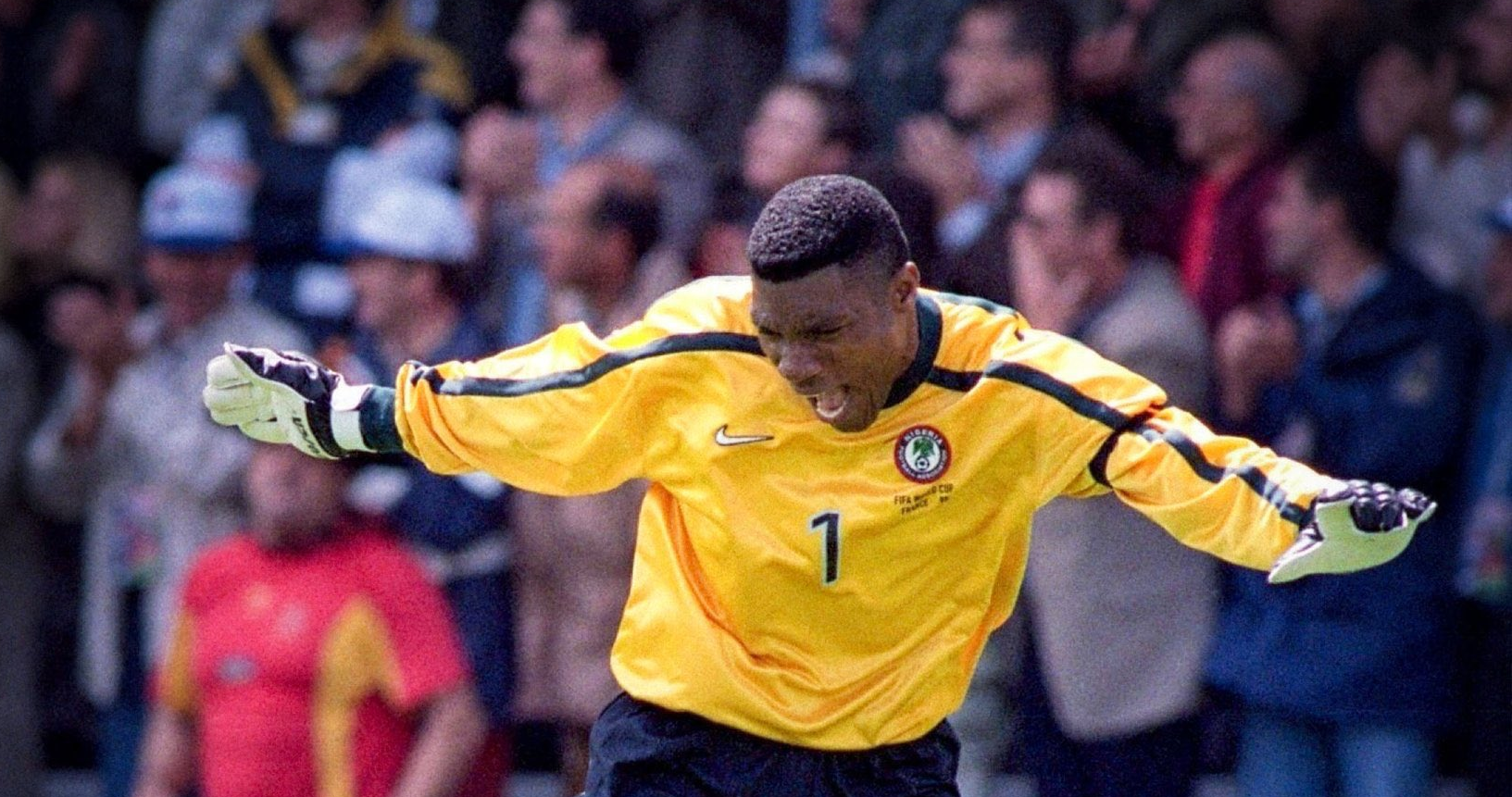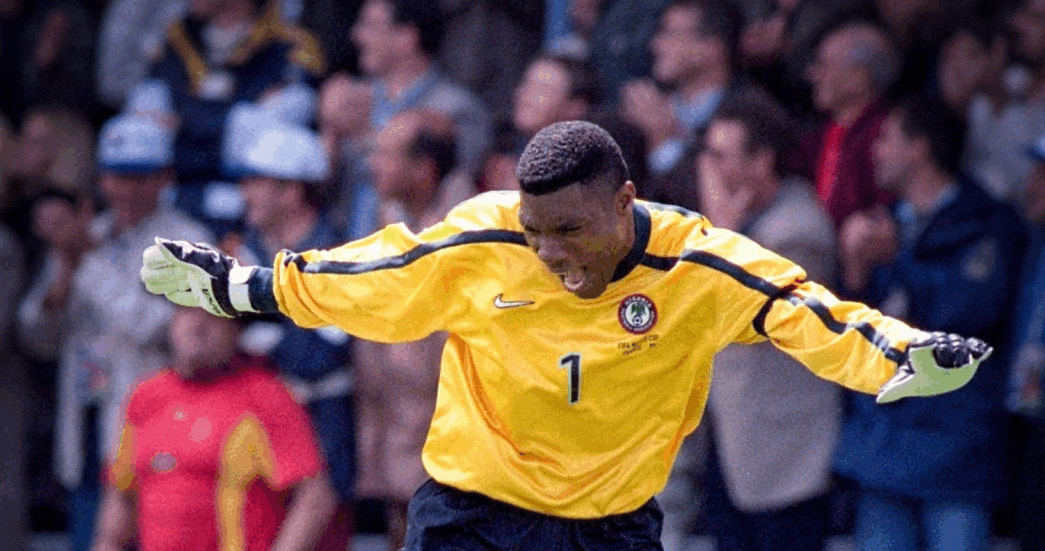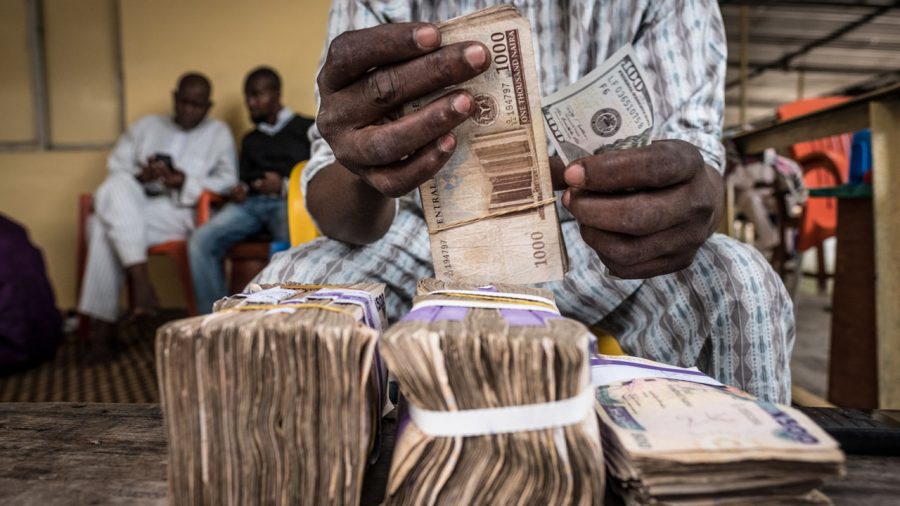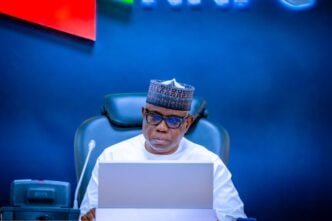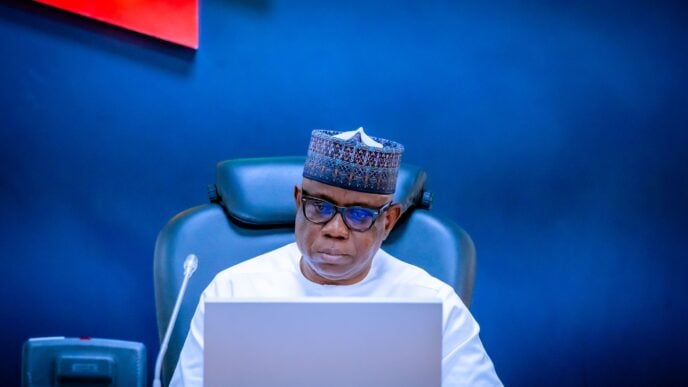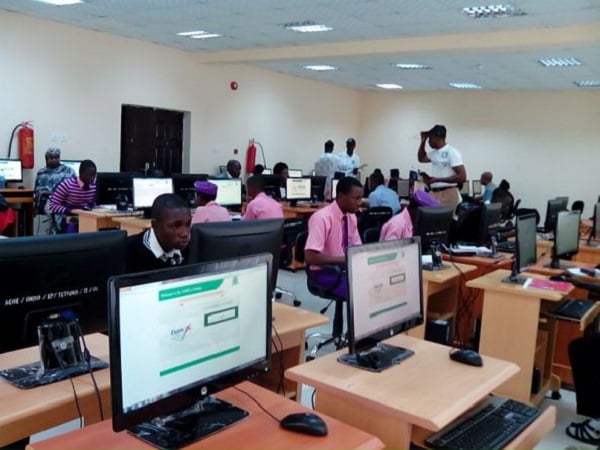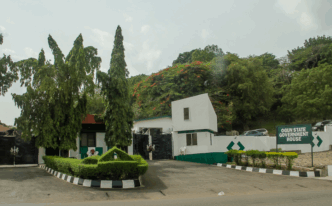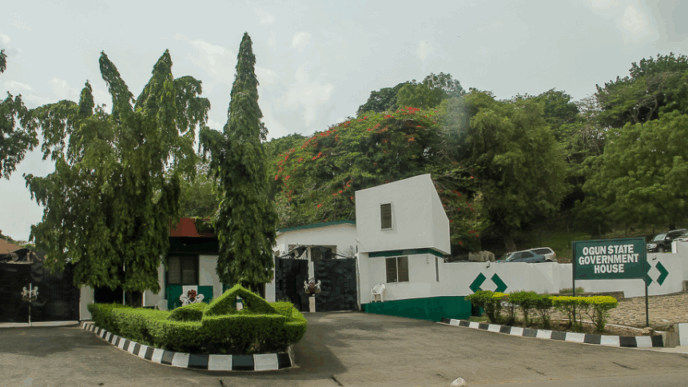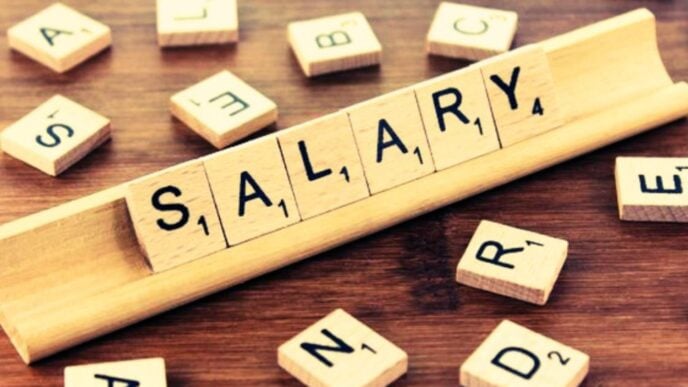BY LEKAN OLAYIWOLA
In Nigeria, the passing of a national hero often feels like a quiet tragedy. Rather than signalling collective mourning, it’s a reminder of institutional indifference. The recent lament by Taribo West over the burial of his former teammate, Peter Rufai, is not just emotional, but a civic indictment.
Rufai, a former Super Eagles goalkeeper and national icon, was allegedly laid to rest under circumstances that forced his family to solicit support from informal networks. Taribo’s grief was raw, but his outrage was sharper, citing a pattern of neglect that has haunted the deaths of other football legends like Rashidi Yekini, Stephen Keshi, Thompson Oliha, and Yisa Sofoluwe.
His vow never to allow his son to play for Nigeria was not a rejection of patriotism—it was a protest against a nation that remembers its heroes only in headlines, not in policy.
Advertisement
Rufai’s case is a mirror reflecting deeper systemic logics. And if we look closely, we see three interlocking failures: colonial institutional design, memory illiteracy, and a dangerously low relational repair quotient.
Colonial Legacies and the Architecture of Indifference
The neglect of Rufai’s family and of others before him is not merely bureaucratic oversight. It is the predictable outcome of institutions inherited from colonial administration, built not to care but to control.
Advertisement
These institutions were designed to manage populations, extract loyalty, and centralise power. They were never intended to honour human dignity, especially in moments of vulnerability—illness, retirement, or death.
Post-independence Nigeria retained much of this architecture. Ministries, federations, and agencies often operate with the same imperial logic: they reward visibility, not service; they respond to crisis, not cultivate care.
The Nigerian Football Federation (NFF), for instance, has long been criticised for its transactional relationship with players, celebrating them in victory, but vanishing in their decline.
The Lagos state government reportedly donated ₦15 million toward Rufai’s burial, but the gesture came only after public outcry. If true, why was it invisible until challenged? Why did the family still have to beg?
Advertisement
This is not a question of money alone, but one of civic design. A nation that cannot care for its heroes in their final moments is a nation still governed by the ghost of empire.
Memory Deficit as Institutional Crisis
Nigeria suffers from Low Institutional Imagination, a chronic inability to remember with depth, dignity, and continuity. This is a memory literacy crisis. Our institutions fail to preserve, honour, and ritualise the contributions of those who embodied national aspiration.
Consider Rashidi Yekini, Nigeria’s all-time top scorer, who died in isolation and mental distress. Or Stephen Keshi, who won the Africa Cup of Nations both as player and coach, yet received no structured support in his final years. These are not anomalies, but symptoms of a society that lacks an architecture of remembrance.
Advertisement
Memory is not nostalgia. It is a civic function. It is how a nation signals who belongs, who matters, and who will be honoured across generations. Without deliberate memory infrastructure—archives, rituals, policies—heroes become disposable. Their stories fade, and with them, the moral compass of the nation.
The Relational Repair Quotient: Can Nigeria Heal?
Advertisement
The critical question now is whether Nigeria’s Relational Repair Quotient (RRQ) is strong enough to transform these failures into systemic redress. RRQ measures a society’s capacity to acknowledge harm, restore dignity, and rebuild trust.
It is not enough to donate N15 million after public outcry or organise an ad-hoc burial. True repair requires institutional commitment, cultural shift, and policy innovation.
Advertisement
What would high RRQ look like in Nigeria?
A permanent National Heroes Trust to support the welfare and dignified passage of athletes, artists, scientists, soldiers, and civic leaders. This trust would be funded by both the government and the private sector, ensuring sustainability and shared ownership of national memory.
Advertisement
A Memory and Dignity Policy mandating state-level and national-level recognition of service not as charity, but as a right. This policy would include structured pensions, end-of-life support, and public memorials.
A Civic Remembrance Charter that institutionalises rituals of honour—annual tributes, storytelling campaigns, and educational curricula that embed the lives of national heroes into the moral imagination of the next generation.
A Digital Memory Repository—an online platform that archives the stories, achievements, and testimonies of Nigeria’s patriots. This would serve as both a historical record and a civic inspiration.
These are not utopian dreams. They are the minimum requirements for a nation that claims to value service.
Beyond Football: A National Reckoning
While Rufai’s case centres on football, the implications are far broader. Nigeria’s neglect of its heroes spans every field of endeavour. Scientists who pioneered breakthroughs, artists who shaped cultural identity, civil servants who upheld integrity—all have faced abandonment in their twilight years.
Take the case of Professor Dora Akunyili, who led the fight against counterfeit drugs and rebranded Nigeria’s global image. Her passing was marked by tributes, but where is the institutional legacy?
Where is the structured remembrance? Or Chinua Achebe, whose literary genius shaped global understanding of African identity—yet whose burial lacked the grandeur befitting his impact.
These failures are not just moral; they are strategic. A nation that forgets its heroes loses its compass. It cannot inspire loyalty, cultivate excellence, or build enduring heritage.
Institutionalise Dignity, Memory, and Care
The Rufai case must not be closed with a one-time donation. It must be used as an inflection point to pivot from episodic pity to systemic care. Nigeria must institutionalise dignity, memory, and care for all fallen heroes.
Without this, we will continue to produce fleeting heroes but not enduring heritage. With it, we signal that service to Nigeria, whether on the football pitch, in the laboratory, or on the battlefield, is met not with abandonment but with enduring respect.
This requires bold action:
Legislate the National Heroes Trust: Anchor it in law, fund it through public-private partnerships, and ensure transparency in its operations.
Launch the Civic Memory Initiative: A nationwide campaign to document, celebrate, and teach the lives of Nigeria’s patriots.
Engage Civil Society and Media: Memory is co-owned. Journalists, artists, educators, and activists must be part of the remembrance ecosystem.
A Nation Worth Serving
Taribo West’s vow to shield his son from national service is heartbreaking, but it is also prophetic. It forces us to ask: Is Nigeria a nation worth serving? Not in theory, but in practice.
Let this be the moment Nigeria turns grief into governance, tribute into transformation, and memory into moral infrastructure. Let this be the moment we move from control to care.
Lekan Olayiwola is a public-facing peace & conflict researcher/policy analyst focused on leadership, ethics, governance, and political legitimacy in fragile states.
Views expressed by contributors are strictly personal and not of TheCable.
